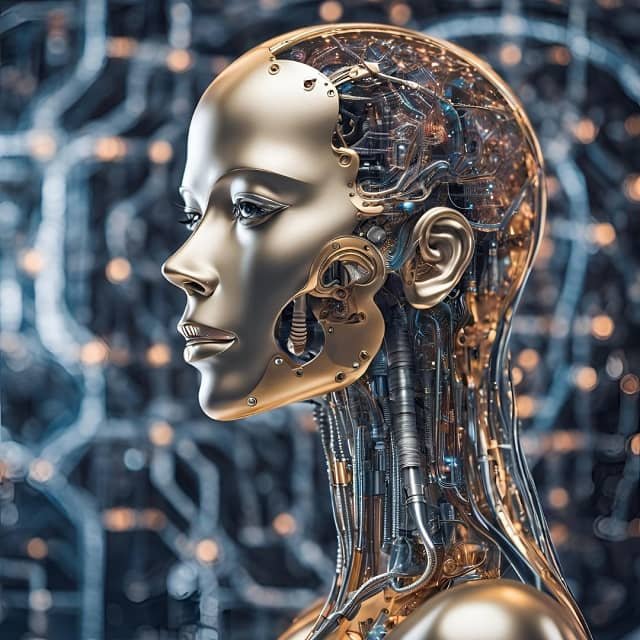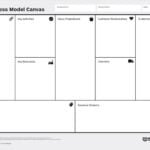
In today’s digital age, creativity has become a valuable resource not only for creative industries but also for solving everyday problems and driving innovation. In this context, artificial intelligence (AI) is emerging as a powerful tool to enhance human creativity. But could a machine, designed to process and generate information, really help in the realm of imaginative thinking?
A team of researchers from the Bauer College of Business at the University of Houston (USA) and the Jones Graduate School of Business at Rice University (USA) published a study in the journal Nature Human Behavior, exploring the potential of ChatGPT to assist humans in tackling problems that require creativity.
The Experiments
The researchers conducted five experiments to evaluate the impact of ChatGPT on human creativity. Participants were asked to generate creative ideas for a variety of problems, ranging from everyday challenges like choosing a gift to more complex tasks such as designing an innovative product. In each experiment, individuals were divided into three groups: one using ChatGPT, another using conventional web search (Google), and a control group that did not use technology.
Two groups of coders were employed: participants from the same population and expert judges with over five years of relevant business experience. Both groups of coders, blinded to the conditions, rated the ideas generated by ChatGPT as superior in creativity.
The Results
The findings were remarkable.
The study found that using ChatGPT can enhance the creativity of responses to everyday problem-solving tasks, such as generating gift ideas or repurposing unused items.
According to the study’s results, participants who used ChatGPT consistently produced more creative ideas than those who relied solely on their own imagination or traditional search engines. This effect persisted regardless of the complexity of the problem or the level of empathy required.
The study also revealed that ChatGPT was particularly effective at generating ideas that represented incremental innovations, rather than radical transformations. This suggests that AI is especially useful for refining and improving existing ideas, by combining related concepts in a remote and cohesive manner.
How Does ChatGPT Enhance Creativity?
The study suggests that ChatGPT’s ability to combine seemingly unrelated concepts is a key factor in its effectiveness. By coherently connecting disparate ideas, the language model can help users explore new and unexpected avenues of thought. This process, in turn, fosters a more articulated and imaginative presentation of ideas.
“Our findings show that ChatGPT is highly effective at generating ideas that are incrementally new rather than radically new,” wrote the authors Byung Cheol Lee, Assistant Professor at the C.T. Bauer College of Business at UH, and Jaeyeon (Jae) Chung, Distinguished Adjunct Professor William S. Mackey Jr. at the Jones School of Business at Rice University. “This result is due to ChatGPT’s ability to combine various concepts from its database rather than inventing entirely new concepts from scratch.”
According to the study, ChatGPT also demonstrated competence in tasks that people typically expect to require empathy.
“Prior beliefs have often emphasized the uniquely human ability to understand emotions, empathize, and ‘read between the lines,’ leading to the expectation that ChatGPT would fall short in situations that seem to require such emotional understanding,” the authors wrote. “However, contrary to these expectations, our findings show that ChatGPT demonstrates remarkable performance in these very tasks. This finding highlights ChatGPT’s potential to assist not only in analytical tasks but also in tasks traditionally requiring emotional understanding.”
Implications for the Future
Previous studies have explored the use of AI as a tool to foster human creativity, and the results have been successful.
The findings of this research have significant implications for various fields, including product design, marketing, and education. ChatGPT and similar AI tools could serve as valuable companions for individuals seeking to spark their creativity and generate innovative solutions.
ChatGPT could help humans with daily creative tasks, even those typically believed to require the human ability to “read between the lines.” The AI’s capability has proven to be superior compared to traditional Google searches or even human brainstorming without any technical assistance, the study’s authors argue.
Conclusion
This study highlights the potential of ChatGPT as a valuable tool for creativity across various domains, from solving everyday problems to designing innovations. Its ability to generate incremental ideas and articulate concepts cohesively positions it as a powerful resource for those looking to boost creativity in their work or personal life.
As technology continues to advance, we are likely to witness even more sophisticated AI systems that can further enhance human creativity and problem-solving capabilities.
Contact
Byung Cheol Lee
Department of Marketing, Bauer College of Business, University of Houston
Houston, TX, USA
Email: blee30@uh.edu
Reference
Lee, B.C., Chung, J. An empirical investigation of the impact of ChatGPT on creativity. Nat Hum Behav (2024). https://doi.org/10.1038/s41562-024-01953-1
Note: Prepared using information from the press release and the scientific article.





